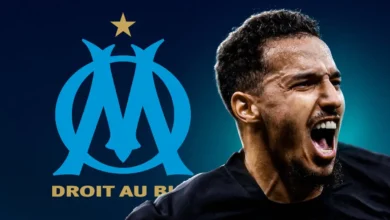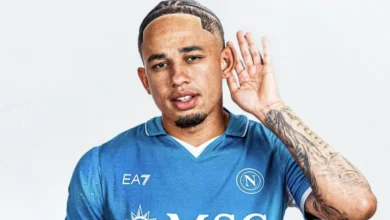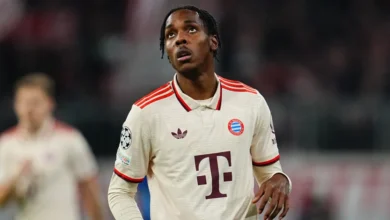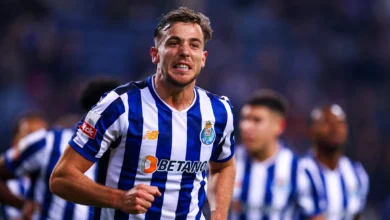Elon Musk, the world’s richest man, has reportedly expressed interest in purchasing Liverpool Football Club. According to his father, Errol Musk, the billionaire has ties to the city of Liverpool and has hinted at a desire to own the Premier League giants.
Musk’s Interest in Liverpool
In an interview with Times Radio, Errol Musk revealed that his son has considered buying Liverpool, though he stopped short of confirming any formal steps toward a purchase.
When asked directly, Errol joked, “I can’t comment on that; they’ll raise the price!” He added, “Oh yes, [he has expressed a desire], but that doesn’t mean he’s buying it.”
This potential move isn’t entirely random for Musk, a South Africa-born tech mogul with citizenship in South Africa, Canada, and the USA. Errol highlighted the family’s connection to Liverpool, explaining:
“His grandmother was born in Liverpool, and we have relatives in Liverpool. We were fortunate to know quite a few of the Beatles because they grew up with some of my family. So, we are attached to Liverpool, you know.”
Musk’s Financial Power
With a net worth exceeding £330 billion, Elon Musk is the richest individual in the world, according to Forbes. His wealth is nearly double that of Amazon founder Jeff Bezos. Musk’s portfolio includes Tesla, SpaceX, and social media platform X (formerly Twitter).
A potential acquisition of Liverpool, valued between £5-6 billion, would represent less than 2% of Musk’s total net worth. For context, Manchester United recently sold a 27.7% stake for £1.2 billion, further highlighting the financial feasibility of such a move for Musk.
Liverpool’s Current Ownership
Liverpool is currently owned by the Fenway Sports Group (FSG), which purchased the club in 2010 for £300 million during a period of financial turmoil under previous owners Tom Hicks and George Gillett.
FSG’s stewardship has transformed Liverpool into one of Europe’s top clubs, utilizing a cost-effective approach driven by statistical analysis. The club has achieved:
- Premier League Title (2019/20)
- Champions League Title (2018/19)
- Multiple domestic and international trophies
In November 2022, FSG announced their openness to outside investment, clarifying later that they were more interested in selling a minority stake rather than a full sale.
Why Liverpool?
Musk’s potential interest in Liverpool aligns with several factors:
- Family Connection: His grandmother was born in Liverpool, and the family has deep ties to the city.
- Cultural Significance: Liverpool’s global appeal as a footballing powerhouse aligns with Musk’s penchant for high-profile ventures.
- Financial Viability: With Liverpool’s valuation well within Musk’s financial capabilities, the acquisition represents a low-risk, high-profile investment.
The Bigger Picture
Musk’s potential entry into football mirrors the growing trend of tech billionaires investing in sports. His wealth and global influence could bring unprecedented resources and innovation to Liverpool, though it remains unclear if FSG is open to a full sale.
Should Musk pursue the acquisition, Liverpool fans may anticipate significant investment in the club’s infrastructure, squad, and global reach. However, such a move would also invite scrutiny, given Musk’s controversial track record in other industries.
FAQs
1. How much is Liverpool Football Club worth?
Liverpool is valued between £5-6 billion, based on recent sales in the Premier League.
2. Who currently owns Liverpool?
The club is owned by the Fenway Sports Group (FSG), which purchased it in 2010 for £300 million.
3. Why is Elon Musk interested in Liverpool?
Musk’s family has ties to Liverpool, and his grandmother was born in the city. Additionally, Liverpool’s global appeal and competitive status make it an attractive investment.
4. Does FSG want to sell Liverpool?
FSG has expressed interest in selling a minority stake rather than a full sale, though this could change depending on the offer.
5. How would Musk’s wealth impact Liverpool?
Musk’s financial power could provide Liverpool with unparalleled resources for squad investment, stadium upgrades, and global expansion.




